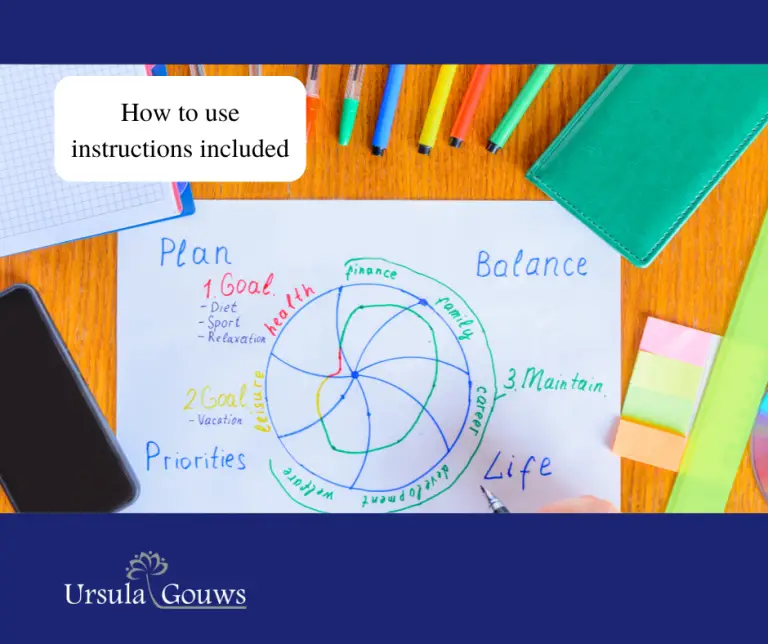You have poured over your family finances and meticulously crafted a budget.
There is only one problem – you have not stuck with it!
It is laser-focused on your goals and values. You have even printed it out, only to find it crumpled at the back of a drawer, forgotten.
If this sounds familiar, you are not the only one.
Sticking to your budget is an art form that eludes even the most disciplined among us.
We start with the best intentions, yet life’s intricacies chip away at the financial blueprints we so painstakingly drew up.
But there’s hope. This blog is not another series of mathematical formulas or stern lectures on self-discipline.
Instead, it is a conversation to create a budget that becomes an integral part of your lifestyle and not just a financial blueprint you begrudgingly glance at once a month.
Here, you will find innovative strategies, relatable stories, and real-life examples to encourage you to build a flexible, fun, and— most importantly— lasting budget.
1. The Forgotten Art of Flexibility
Your budget, much like life, needs to be flexible. However, that does not mean compromising your financial health.
It means crafting a budget that evolves with your family’s changing needs and celebrating that change, not resisting it.
2. Creative Revamping
Your budget is not set in stone.
Regularly analyze and refine it.
Does your spreadsheet look like a NASA control panel?
Consider simplifying.
A complicated budget might be as daunting as no budget at all. But remember, a system that is too vague makes tracking progress difficult.
Include the family in these reviews.
When everyone has a hand in setting the financial groundwork, they are more likely to respect it.
They will also input innovative ideas.
Consider these budget revamps as family meetings—you are only one creative idea away from tighter financial security.
3. Unrealistic Income Expectations
Is your income a wish list? Everything would be perfect if only you earned this much.
Realism is key.
Your budget must work with what you actually bring in, not the promises of tomorrow’s lottery numbers. However, that does not mean you should not dream big.
Just make sure those financial projections are firmly grounded in reality.
4. The Joy of Alternatives
When slashing a budget, an important companion to saving is fun.
With alternatives, giving up something is less about losing.
And more about gaining access to novel, inexpensive experiences that frequently come with unexpected joys.
5. Replacing the Mundane with the Imaginary
Eating out is a quick way to empty your wallet.
However, replacing it does not have to mean soggy sandwiches in the office corner.
Every brown-bag lunch can be a celebration with a Bento-styled feast or an indoor picnic complete with a blanket fort.
Home movie night doesn’t need exorbitant fees. With the power of streaming services and a dollop of creativity, your family evening can turn into a themed Netflix extravaganza.
Adaptations of a favorite series or a queue full of documentaries can make staying in the new going out.
6. Crafting Creativity into Budget
The internet is a treasure trove of DIY items.
Homemade skin cleansers and art projects can become fun activities for the whole family while simultaneously slashing bills.
How about that homemade shampoo?
It might be the budget solution you’ve been looking for that also lightly perfumes the air.
Remember, it is not just about the money saved; sometimes, it’s about the memories created.
This shift in perspective, from budget boogeyman to budget buddy, can redefine the saving experience.
7. Personalization, Not Generalization
Applying general budgeting advice to your particular circumstances is like putting on someone else’s shoes; it almost always causes discomfort.
8. One Size Does Not Fit All
A budget catering to your needs and personal quirks is more likely to be followed.
Are you budgeting for pilates you will never attend? Cut it out.
Your budget should be as unique as you are.
Needs, wants, and financial non-negotiables will differ from family to family.
That’s the beauty of personalized budgeting—it is designed for your life, not someone else’s.
9. Budgeting Is Not One Person’s Show
If the entire financial burden and planning rest on one person, resentment and burnout won’t be far.
The family that budgets together stays together financially.
Make budgeting a team effort.
Shared responsibility lightens individual worries.
It is a group effort toward a more stable, common future.
10. Revamping the Punishment Paradigm
Budgeting is often associated with sacrifice and punishment.
Neglecting the fact that it is not about giving things up but rather gaining control and freedom.
11. Rewards Make the World Go Round
Yes, your budget should have space for rewards.
It is not all about the cutbacks and savings.
Every financially sound decision should be a step towards a positive goal.
Whether it is a family vacation or a weekend splurge, these carrots are just as good at the end of the month as they are at the moment—trust me.
12. Language of Achievement, Not Deprivation
Reframe your budget’s narrative.
Instead of ‘I can’t afford this,’ say, ‘I am saving for something better.’
It is a subtle shift in language that profoundly affects how we perceive and interact with our budgets.
13. Persistence, Not Perfection
You will overspend.
You will forget to track a purchase.
You are human, and that means willpower wanes and motivation falters.
14. Forgive Yourself, Learn, Adapt
Understand that setbacks are not failures.
They are learning experiences from which you can emerge stronger.
Forgive yourself, learn from the missteps, and adapt your budget accordingly.
This is not about a sprint to financial freedom; it is a marathon of smart decisions, perseverance, and, yes, a little fun.
15. Stay Accountable with Gentle Reminders
Technology can be your budget’s biggest ally.
With apps that send you friendly reminders or digital displays that track every penny spent, staying accountable doesn’t have to feel like a chore.
It can be that gentle nudge to stay on track.
Conclusion
Crafting a budget that sticks is a process, not an overnight success.
It requires patience, adaptability, and a touch of creativity.
It is about building a financial model that is not penned in red ink but in the vibrant colors of your life’s experiences.
Remember, it is not just about the budget; it is about the life the budget enables you to live.
And that is something worth sticking to.
This blog was brought to you by Ursula Gouws.
This blog is for information purposes only and does not constitute legal or financial advice.
If you enjoyed this blog, check out more Debt Talk with Ursula on the Ursula Gouws Consulting Blog, or download our Freebies to help you on your journey to a new financial future.
I am a Debt Strategist. Let me help you find the ideal legal solution for your unique debt situation.
I understand that dealing with financial distress can bring about feelings of guilt and shame, and even depression.
Rest assured – working together, we will get you back on track, so your finances and dignity are fully restored.
If you need help finding the ideal legal solution for your debt, feel free to reach out with the contact form on my Website.






